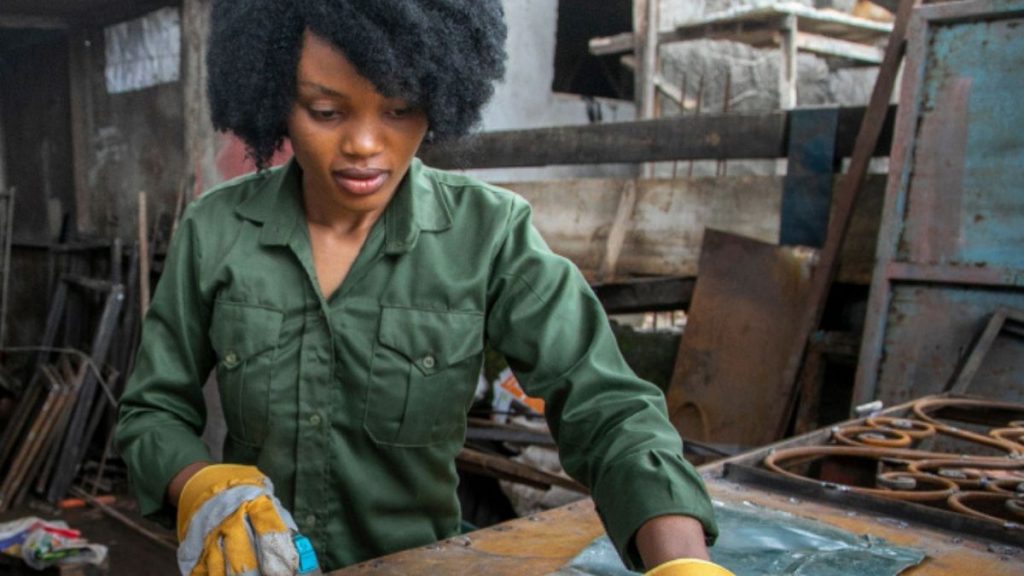Pan-African ecosystem builder WomHub says more than 100 women founders in the science, technology, engineering and manufacturing (STEM) value chain have excelled in the Africa Innovation Fellowship (AIF) programme.
The AIF was presented in partnership with the Royal Academy of Engineering and WomEng, a non-profit subsidiary of WomHub with its head office in Johannesburg. The first AIF intake was in 2019.
No ad to show here.
Besides the AIF, WomHub also annually presents the WomHub Founders Showcase. This year’s pitch-off winner was Rheineth Modiselle, the founder of a waste management start-up who dreams of owning an eight-tonne crane truck to help create a city that’s cleaner and healthier.
Meanwhile, the AIF is described as a premier pan-African programme for women innovators who are developing early stage engineering start-ups.
Alice Radley, programme manager for the Africa Prize for Engineering Innovation at the Royal Academy of Engineering, says the AIF has been an incredibly successful and popular programme.
“One of the goals of the Africa Innovation Fellowship is to encourage and support female entrepreneurs to apply to the Africa Prize programme. Many of the women who’ve been recently shortlisted for the award are AIF alumnae, which really speaks to the quality of innovators who have come through the programme,” she says.
From AIF to Africa Prize top honours
Since its inception, a number of founders from the AIF programme have featured as finalists in the annual Africa Prize, which aims to stimulate, celebrate and reward innovation and engineering entrepreneurship in sub-Saharan Africa.
In 2020, AIF alumna Charlette N’Guessan, CEO and co-founder of Ghana-based software company BACE Group, was the first woman to win the award, with Aisha Raheem being a finalist. In 2021, AIF alumnae, Elohor Thomas (AIF 2019), Armelle Sidje (AIF 2020) and Faith Adesemowo (AIF 2020) were all finalists for the Africa Prize.
The much anticipated finals took place in June this year and all members of the shortlist had the opportunity to pitch, including AIF alumna Juveline Ngum from Cameroon. She is the co-founder of Bleaglee, which is a smart cooking system made entirely of recycled materials.
It includes a smokeless cook stove made of metal scraps, a clean cooking fuel made in solar-powered bio-digesters from plastic and agricultural waste, and a digital platform that allows cooks to track and offset their carbon footprint. Formerly working in metals and materials engineering, Juveline shifted her focus to sustainability and studying climate change, recycling and renewables in the process of starting the company.
As well as selling the system, Bleaglee empowers women by teaching them to source scrap metal and make the stoves, which are 80% less expensive than using firewood, and cook food 5 times faster than traditional ovens used in Cameroon.
With the global economy under strain and countries that have high unemployment rates, such as those across the African continent, suffering further set backs on unemployment and growth projections, we look to entrepreneurs like these to create jobs and opportunities to promote economic growth, and we celebrate that sectors like the circular economy are generating ways to create more jobs, as well as environmental sustainability.
WomHub says it shares the Royal Academy of Engineering’s commitment to building a sustainable society for all and an inclusive economy that works for everyone, which is reflected in the equal gender split for the Africa Prize for the first time this year.
ALSO READ: This founder dreams of owning an eight-tonne crane truck
